To provide the best experiences, we use technologies like cookies to store and/or access device information. Consenting to these technologies will allow us to process data such as browsing behaviour or unique IDs on this site. Not consenting or withdrawing consent, may adversely affect certain features and functions.
The technical storage or access is strictly necessary for the legitimate purpose of enabling the use of a specific service explicitly requested by the subscriber or user, or for the sole purpose of carrying out the transmission of a communication over an electronic communications network.
The technical storage or access is necessary for the legitimate purpose of storing preferences that are not requested by the subscriber or user.
The technical storage or access that is used exclusively for statistical purposes.
The technical storage or access that is used exclusively for anonymous statistical purposes. Without a subpoena, voluntary compliance on the part of your Internet Service Provider, or additional records from a third party, information stored or retrieved for this purpose alone cannot usually be used to identify you.
The technical storage or access is required to create user profiles to send advertising, or to track the user on a website or across several websites for similar marketing purposes.
 The ‘Great Resignation’ is a buzzphrase that first appeared in May 2021, and has struck fear into the hearts of employers ever since. Coined in the US, the term refers to the unprecedented rise in the number of workers resigning from their jobs following the pandemic. There has since been a huge amount of research trying to work out why this has happened. Are workers quitting work entirely, as the pandemic makes us re-evaluate our priorities? Or are they quitting to pursue their dreams in a different career? (more…)
The ‘Great Resignation’ is a buzzphrase that first appeared in May 2021, and has struck fear into the hearts of employers ever since. Coined in the US, the term refers to the unprecedented rise in the number of workers resigning from their jobs following the pandemic. There has since been a huge amount of research trying to work out why this has happened. Are workers quitting work entirely, as the pandemic makes us re-evaluate our priorities? Or are they quitting to pursue their dreams in a different career? (more…)







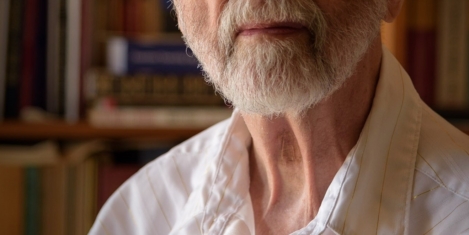
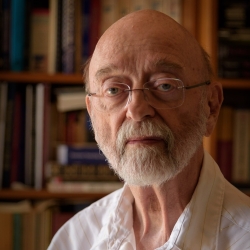
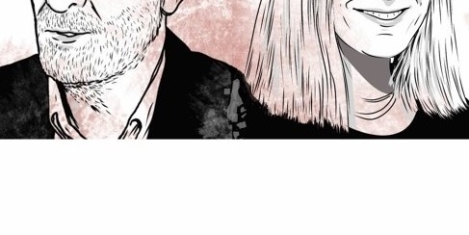
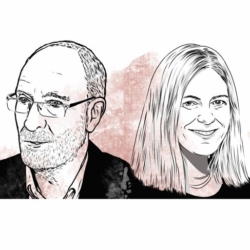
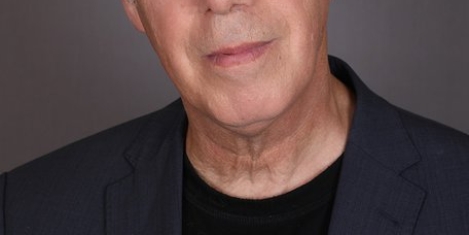






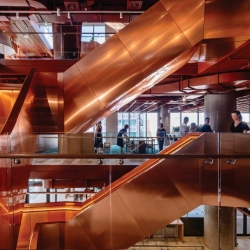 The January 2022 issue of IN Magazine is now
The January 2022 issue of IN Magazine is now 






 There is a classic saying which has shaped our job choices for years: “Do what you love, the money will follow.” New research suggests this may be true, although not in the way it was originally conceived. The typical logic train has suggested job interest shapes satisfaction and, in turn, satisfaction may drive better performance. However, new
There is a classic saying which has shaped our job choices for years: “Do what you love, the money will follow.” New research suggests this may be true, although not in the way it was originally conceived. The typical logic train has suggested job interest shapes satisfaction and, in turn, satisfaction may drive better performance. However, new 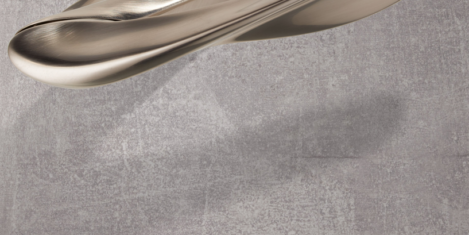
 Architects and designers have always a had a thing for door handles. It’s the kind of detail they like and one of the most genuinely tactile features of a building. Architects from Frank Gehry to Zaha Hadid have worked on the designs of door handles for manufacturers.
Architects and designers have always a had a thing for door handles. It’s the kind of detail they like and one of the most genuinely tactile features of a building. Architects from Frank Gehry to Zaha Hadid have worked on the designs of door handles for manufacturers. 







